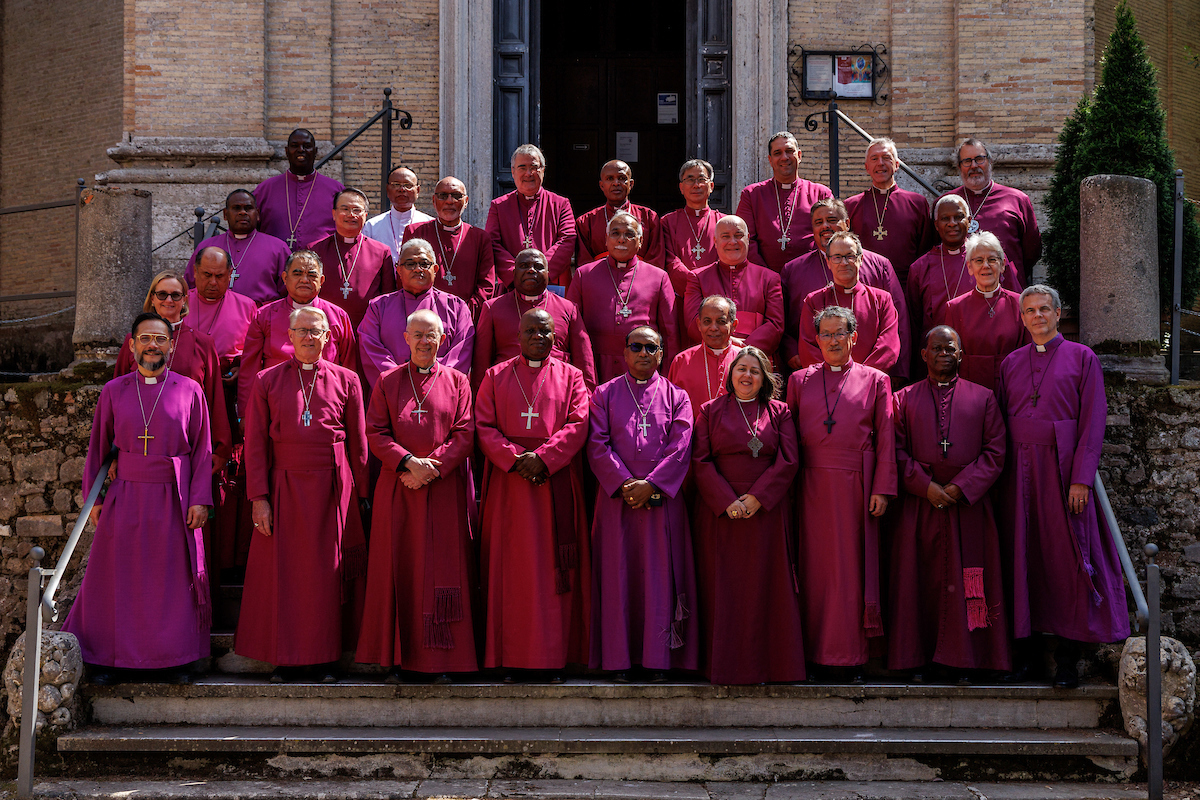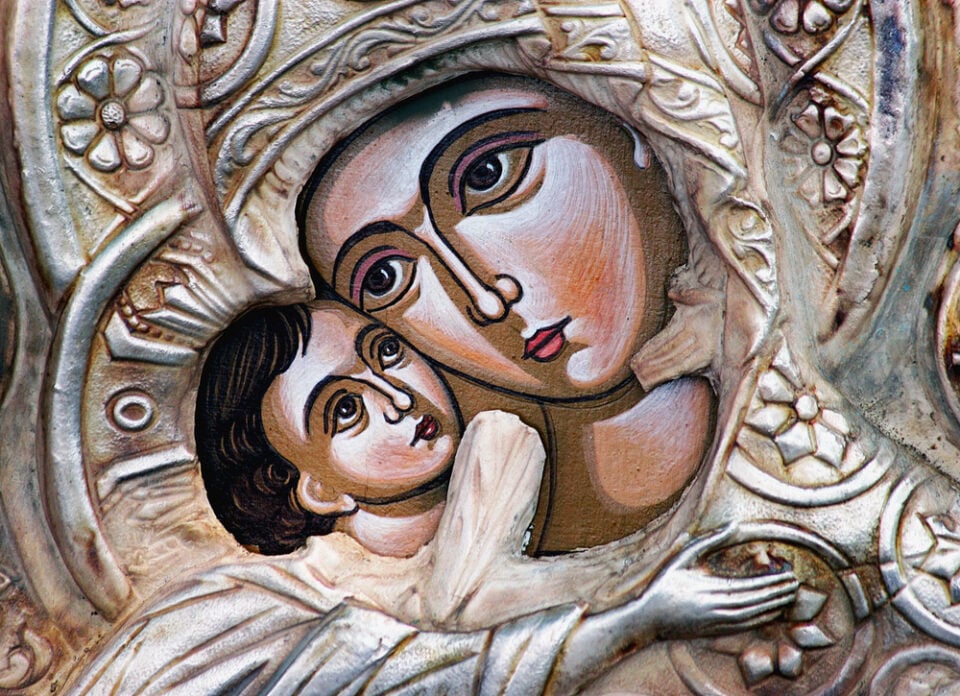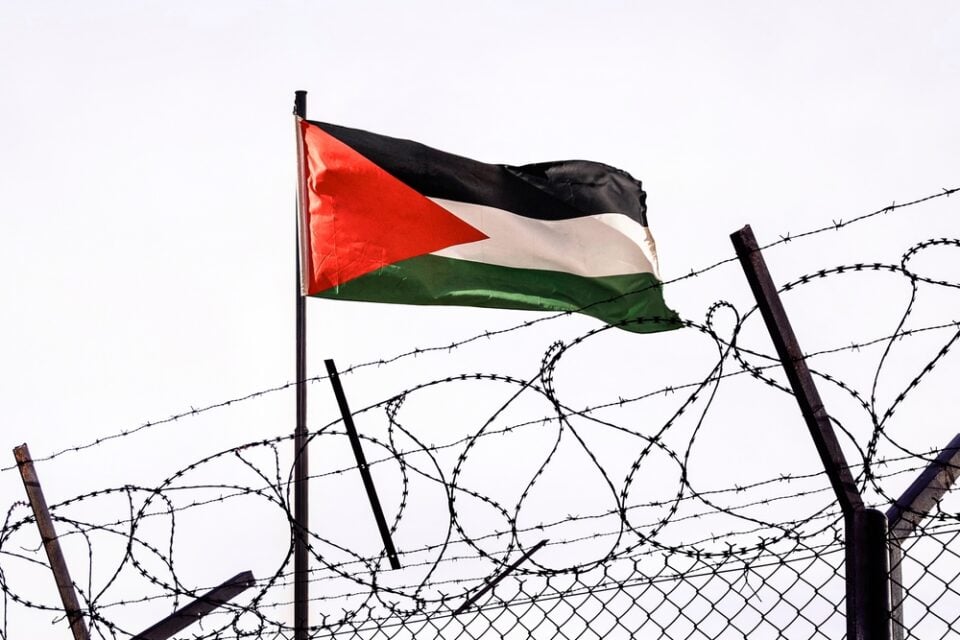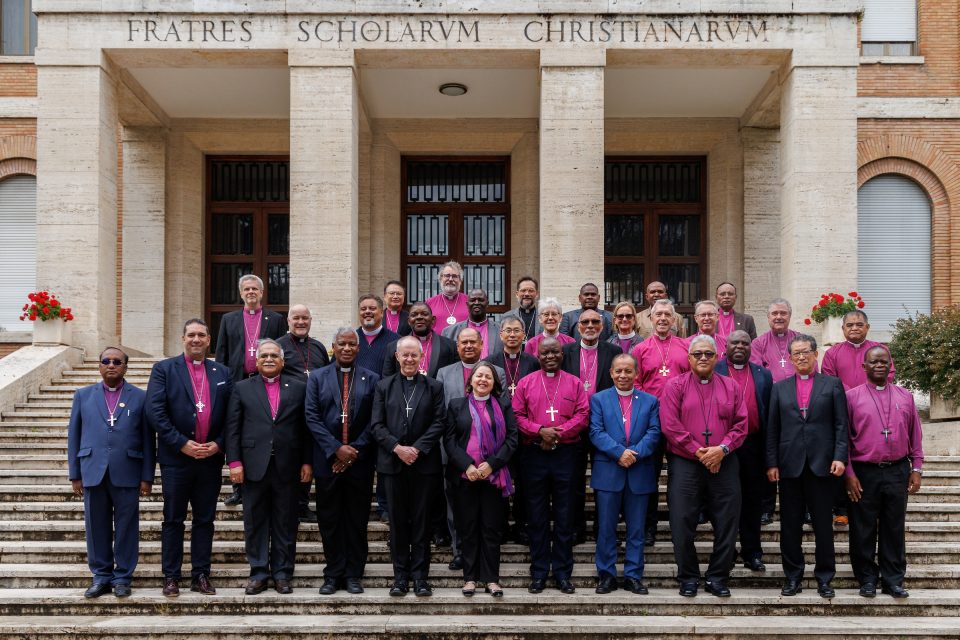Archbishop Geoff Smith, Primate of the Anglican Church of Australia, reflects on last week’s gathering of leaders of the Anglican Communion in Rome
Last week I was in Rome at the Primates meeting. Thirty-two Primates, Presiding Bishops, Prime Bishops or Moderators of United churches attended from around the Anglican Communion. The meeting ran from Monday to Thursday with a very full program.
The gathering was not just a business meeting but was also designed to create an environment where we could be spiritually encouraged and refreshed.
Each day began with morning prayer and Bible study.
The Primates participated in four Bible studies based on the book of the Acts of the Apostles. The studies reflected on four styles of leadership: directing, participating, delegating and exhorting. The discussions on the texts were rich and spoke directly to the episcopal ministry of the Primates.
At 12.15pm each day we shared the Eucharist together, and the services were all in a language other than English. The Director of the Anglican Centre in Rome presided in French. The Primate of Japan in Japanese. The Primate of Korea in Korean and the Primate of Kenya in Swahili. Happily, service booklets with an English translation were also available.
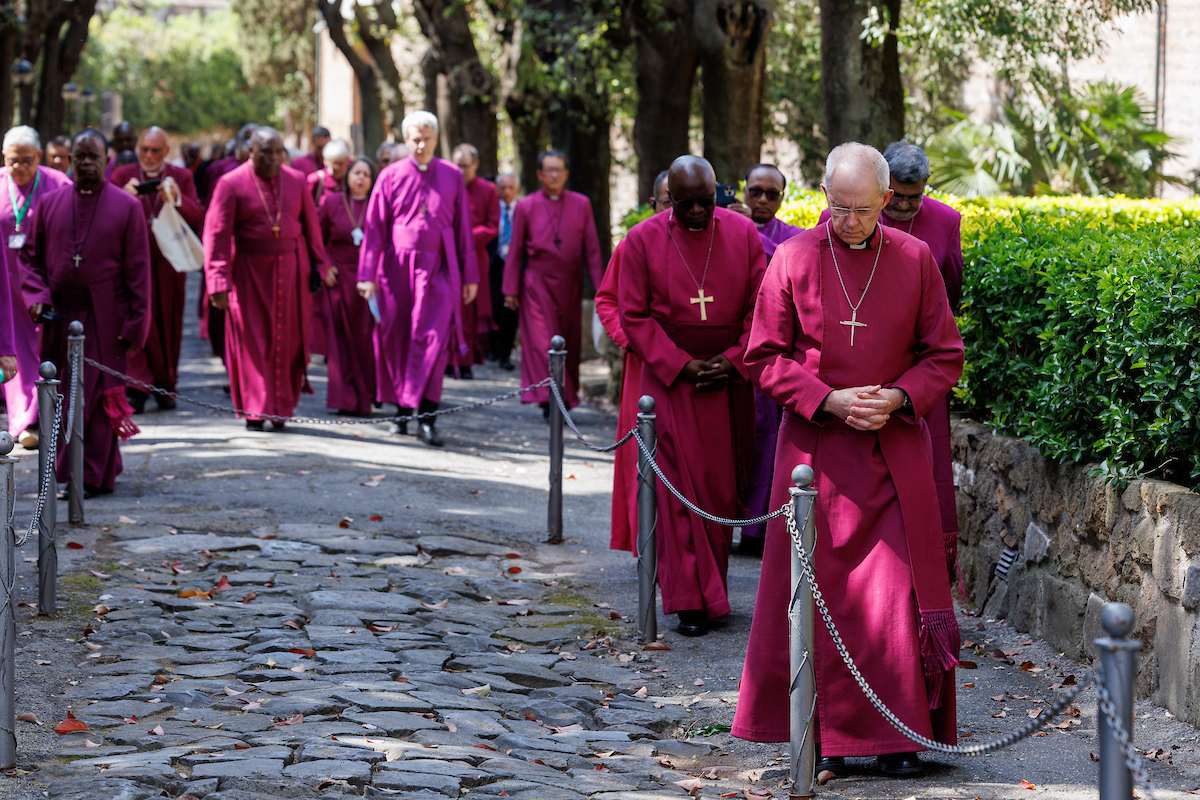
As well as worship and Bible study there was an element of pilgrimage focussed on St Paul in Rome.
On the first afternoon we went to Tre Fontane, the place where St Paul is said to have been executed in 67AD. After spending time in the chapel built over the place where Paul was said to have been executed, we went to the Basilica of Tre Fontane for an extended period of silence and reflection.
From there we went to St Pauls Outside the Walls, the Basilica built over the tomb of St Paul. We joined the benedictine community of monks that looks after the Basilica for the service of vespers.
The next afternoon we went to the church of Santa Maria which is the basilica built on the site of the first house church in Rome. A place where Paul is likely to have ministered. In Pauls’ time this was a very poor area of Rome and was known as the place of Jews and Christians.
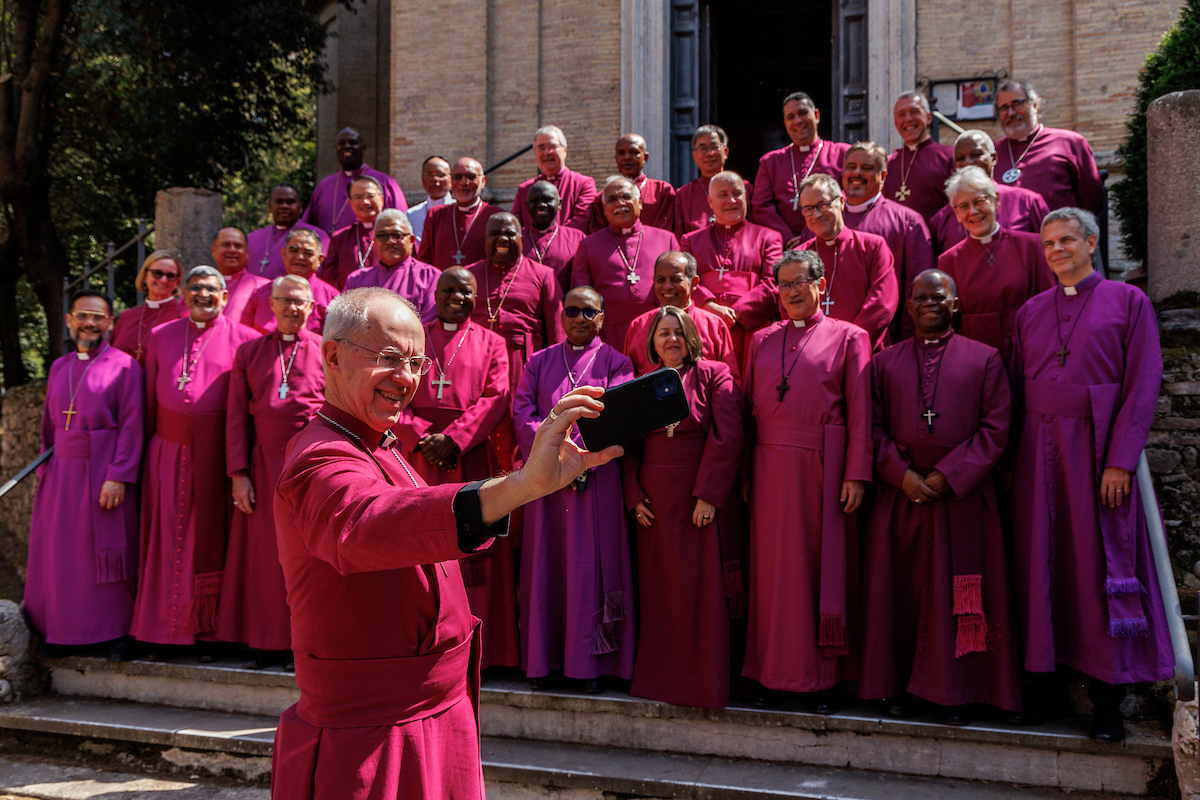
There are a number of sites of martyrdom close by, including that of one of the first Popes Callixtus who was martyred in a well around the corner from that house church. As part of that visit we visited the work of the community of Sant’Egidio, a lay community founded to serve the poor, work for peace, and pray.
The community’s joyful offering of education, medical care, and food to refugees and migrants answers the call to love our neighbour as ourselves wherever we see need. After a meal together we ended the day at 8pm with sung Vespers at Santa Maria led by the community of Sant’ Egidio along with a church full of people.
I found the experiences at the Paul sites really quite moving as I reflected on his ministry and the cost to him of that ministry.
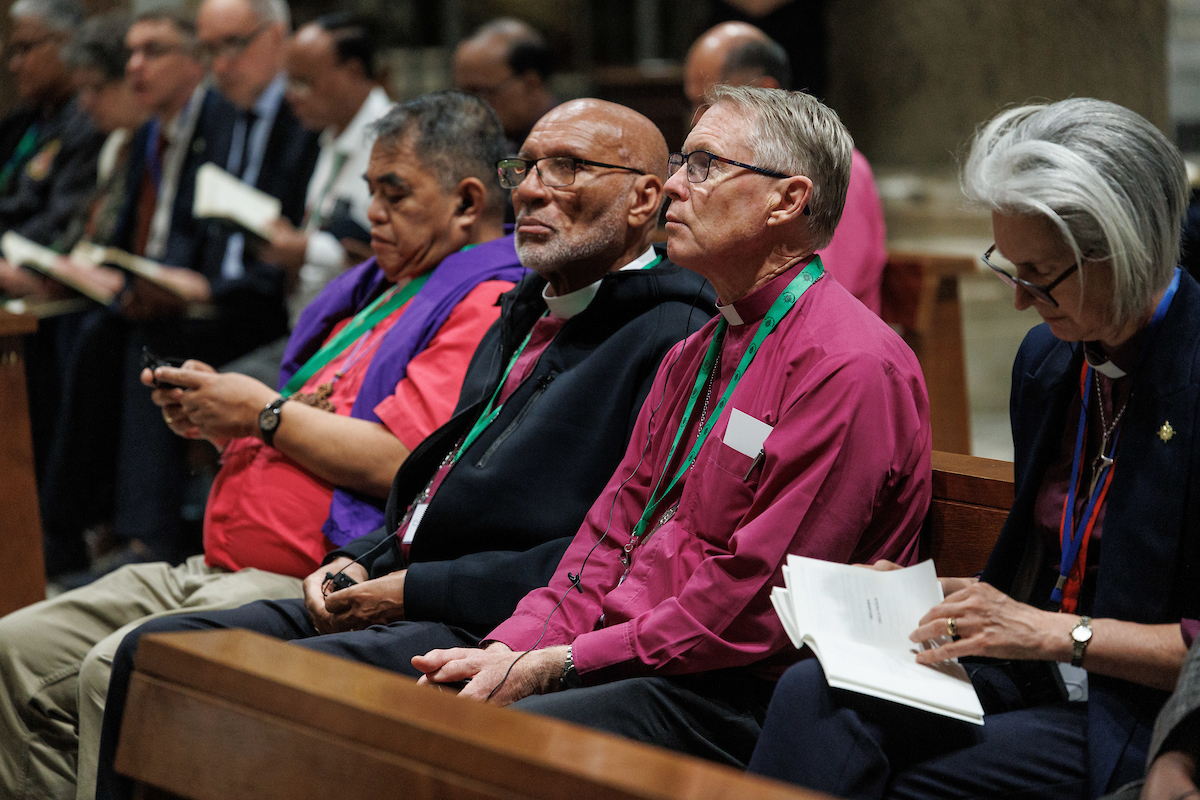
Last Thursday morning we had an audience with the Pope which was very warm. He addressed us in Spanish, but we were given an English translation and I have copies of that if you’d like to read what he said.
The business sessions of the Primates meeting included consideration of two proposals from IASCUFO (The Inter Anglican Standing Commission on Unity Faith and Order).
The first was a revision of the 1930 Lambeth Conference description of the Anglican Communion which would mean that communion with the Archbishop of Canterbury was no longer part of the description of churches that make up the Anglican communion. There was good support for a revision of the description but mixed support for the change concerning the Archbishop of Canterbury.
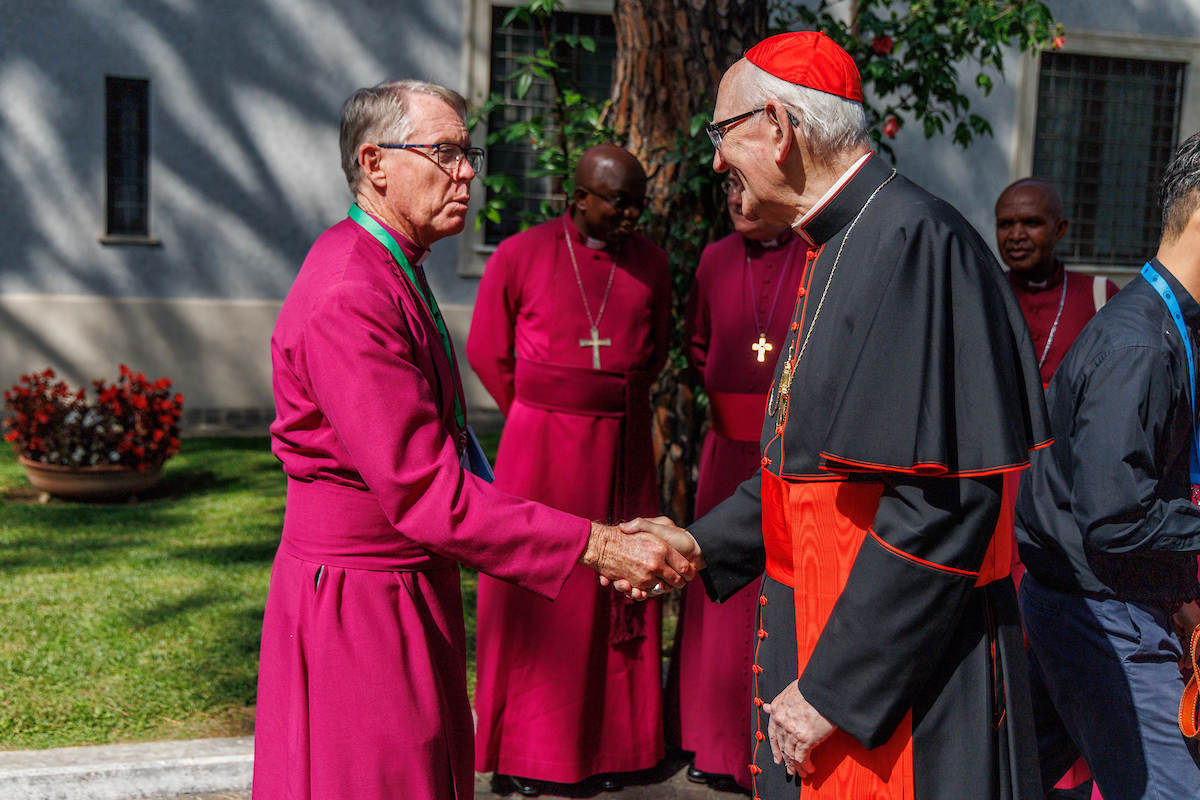
The second proposal suggested the election by the Primates of a chair of the Primates group who would call and chair Primates meetings and possibly be the president of the Anglican Consultative Council. This proposal was not supported by the meeting. This feedback will go back to IASCUFO for further work.
The meeting was extremely positive and encouraging. For as long as the communion has existed there have been disagreements about various things, and there are still different views, but the conversations at last weeks’ Primates meeting were constructive and gracious and displayed a significant sense of unanimity.
I did find the four days encouraging and spiritually refreshing and return to the Diocese having had good opportunity for reflection which will guide me in the time to come.
